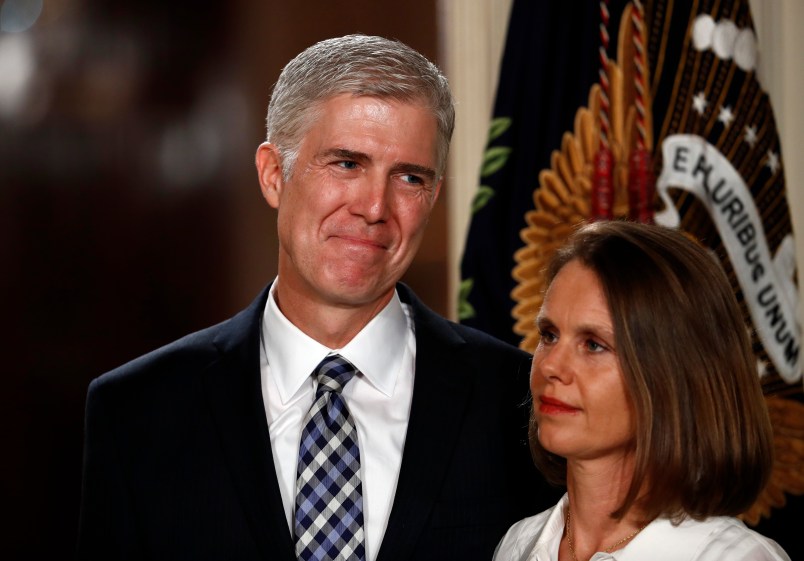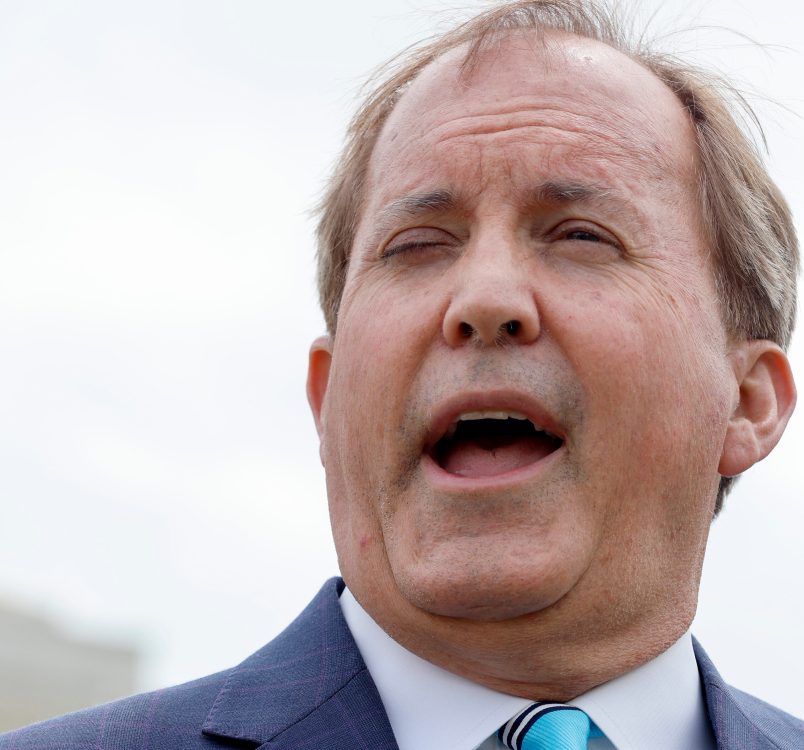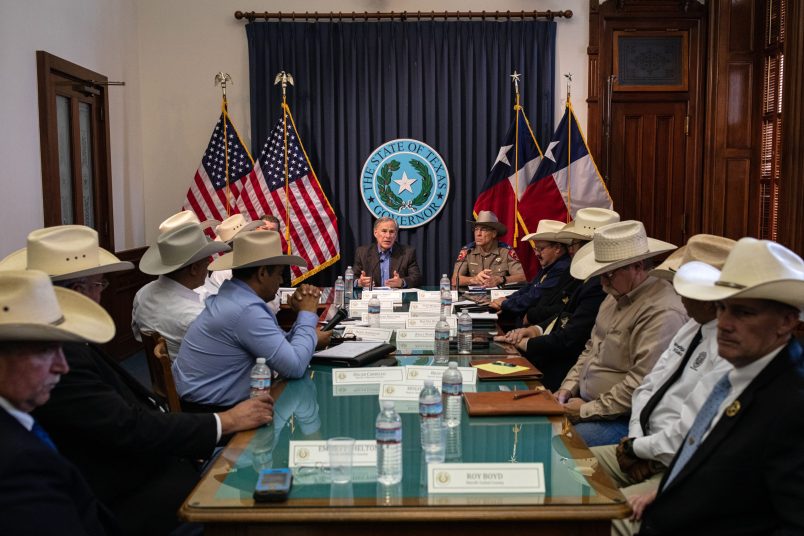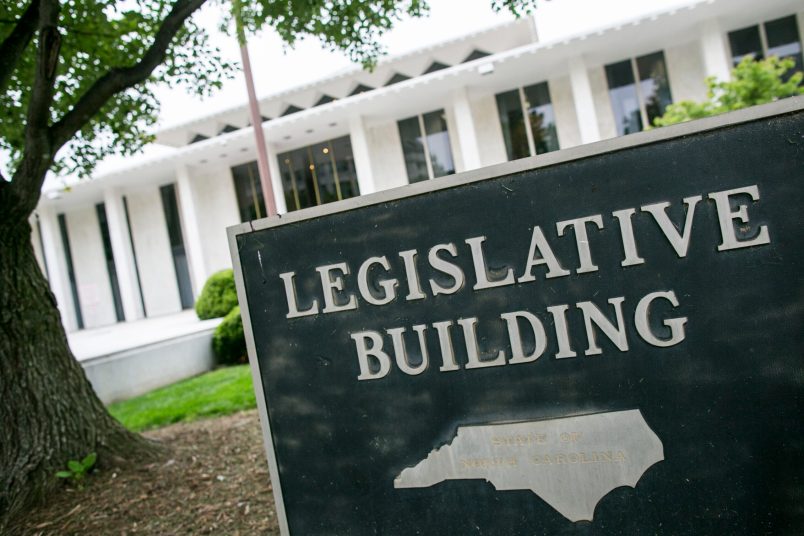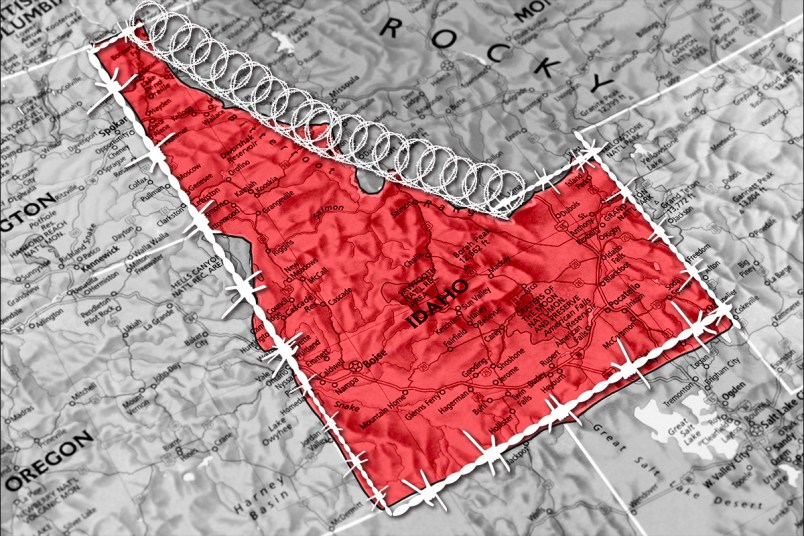President Trump fulfilled a key campaign promise Tuesday with his announcement that he was nominating federal appeals court judge Neil Gorsuch to fill the Supreme Court vacancy left by Justice Antonin Scalia’s death last February.
“Judge Gorsuch has outstanding legal skills, a brilliant mind, tremendous discipline and has earned bipartisan support,” Trump said in a ceremony with Gorsuch in the White House.
The 49-year-old Gorsuch, currently a member of the U.S. Court of Appeals for the Tenth Circuit, is a judge known to be in the mold of Scalia, who Gorsuch knew personally.
“Justice Scalia was a lion of the law. Agree or disagree with him, all of his colleagues on the bench cherished his wisdom and his humor, and, like them, I miss him,” Gorsuch said at the nomination ceremony.
The nomination comes as the Trump administration has brought chaos to Washington with controversy after controversy in the 11 days since the inauguration. Trump was only able to fill the seat, which has been empty for nearly a year, because Senate Republicans launched an unprecedented blockade of President Obama’s nominee Merrick Garland.
Here are five points on Gorsuch and the fight that may come with his confirmation:
Gorsuch was the most Scalia-like judge on Trump’s short list.
Gorsuch is as good of a Scalia replacement as conservative legal types could have hoped for. His writings have led scholars to put him close to Scalia on the ideological scale. His opinions have given strong protections to religious liberty and have curtailed the leeway courts give regulatory agencies in interpreting federal statutes. He also shows a Scalia-like independent streak, in his skepticism towards law enforcement in criminal justice cases.
He has won acclaim in conservative legal circles for his views on the Constitution, and his promotion of the “originalist” doctrine, which approaches the Constitution from the perspective of what the founders originally meant. His eloquent and captivating writing style has also earned him comparisons to Scalia, as well as to Justice Elena Kagan.
He has roots in the D.C. and legal establishment.
While other names circulated by Trump hailed from schools that would make the Ivy League-heavy Supreme Court more diverse, Gorsuch attended Harvard Law, like five other justices currently on the court. From there here clerked for Justices Anthony Kennedy and Byron White.
His Washington, D.C. ties run deep. After his clerkships he worked in private practice, before a stint in the Justice Department under President George W. Bush, who nominated him to the U.S. Court of Appeals for the 10th Circuit in 2006. His mother was Anne M. Gorsuch, a former EPA head under President Reagan, whose tenure was marked by controversy and a defanging of the agency.
He was perhaps the “safest” choice for Trump.
Trump has caused Republicans a lot of unease in the first week and a half of his presidency, from his embrace of Steve Bannon, a flame thrower with white nationalist ties, in his inner circle, to his rush of controversial executive orders that have blindsided Congress. His choice of a judge with sterling conservative credentials should help calm some of the troubled waters, as he has fulfilled a key promise to Republicans who were otherwise nervous about his commitment to typical GOP causes.
Additionally, Gorsuch was approved unanimously to his appeals court by the Senate which Republicans will be quick to point out if Democrats mount any significant resistance to his confirmation.
Conservatives are preparing for a fight over Gorsuch if necessary.
The same outside groups that backed Republicans’ blockade of Obama’s nominee are preparing to support the confirmation of Gorsuch.
According to a press release earlier this month, the conservative group Judicial Crisis Network is expecting to spend $10 million on the confirmation battle over Gorsuch. That effort will include targeting senators vulnerable in 2018 re-election races, such as Sens. Joe Donnelly (D-IN) and Claire McCaskill (D-MO), the release said.
The other outside groups that will be involved in the endeavor include, the GOP oppo group America Rising Squared, the anti-abortion organization Susan B. Anthony List and the grassroots network, Tea Party Patriots.
Democrats will have some tough choices ahead.
Even when it was clear this week that Trump’s list was down to Gorsuch and another shortlister, Thomas Hardiman, Democrats were still wavering on a strategy to move forward. Sen. Jeff Merkley (D-OR) already promised, before the nominee was named, to block a straight up or down vote, creating a scenario that would give the Democrats the opportunity to filibuster.
But other Senate Democrats, including Minority Leader Chuck Schumer (D-NY), were less committal in the days leading up to the nomination as to whether Democrats will launch a full-scale filibuster. It comes with the risk that Majority Leader Mitch McConnell (R-KY) will then seek to blow up the filibuster on all Supreme Court nominees. That would leave Democrats defenseless down the road if one of the more liberal justices, such as Justice Ruth Ginsburg or Justice Steven Breyer, died, and President Trump attempted to drag the direction of the court even farther to the right.


